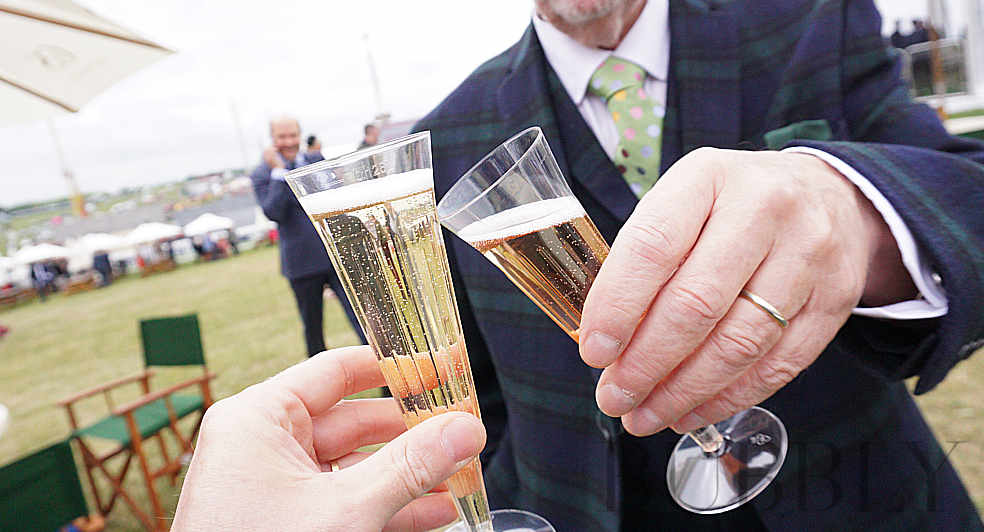Champagne Piollot Père et Fils & Champagne Marie Courtin
5th February 2016

One village, Polisot, in the Aube, a couple, Roland Piollot and Dominique Moreau, both Champagne makers with their own houses. They share a common goal, the use of organic and biodynamic methods of viticulture.
They both have mainly Pinot Noir that’s typical for the Aube. They also both have some old varieties, Pinot Blanc and Arbane. Roland makes a rare 100% Pinot Blanc.
They both have mainly vines aged 40 years or more. Their roots going down in some cases through the chalk to the base rock that gives an interesting taste to their Champagnes. The best of their vines are carefully selected to take grafts for new vines used in the renewal of their vineyards. This once traditional method is prefered over cloning that aims for uniformity rather than quality.
They don’t use chemical fertilisers or pesticides. Cow dung is transformed into biological compost. Dominique adds a good dose of valerian flowers.
Roland makes a couple of blended Champagnes in the conventional way. The rest of their Champagnes are from a single year, a single grape variety and a single parcel of vines. The aim is to express the changes in taste each year brings rather than create a house style.
In the cellars part of the Champagne making process takes place in oak barrels. Natural yeasts are used. No sulphur is added as it stops the Champagne from expressing itself. There is limited or zero dosage. The latter is now trending amongst organic Champagne makers.
80% of Dominique’s production is sold abroad. There still isn’t a strong demand in France for this type of Champagne. Some though are firmly convinced that organic/biodynamic Champagnes are the future rather than the present industrial approach.
Roland and Dominique have been certified by Ecocert an organic certification body. Dominique has been certified by the international body, Demeter, for products from biodynamic production. She’s a member of Terres et Vins de Champage that offer regular tastings.
When you sip your next glass of Cristal remember it’s made from 50% biodynamic grapes and will be 100% by 2020. Champagne’s green revolution seems well under way.
![]()
Jon Catt
Tour guide for the Champagne region who lives in Troyes. Specialising in family run Champagne house visits in the Aube and the Marne plus wine tours in the Yonne and Côte d'Or.
